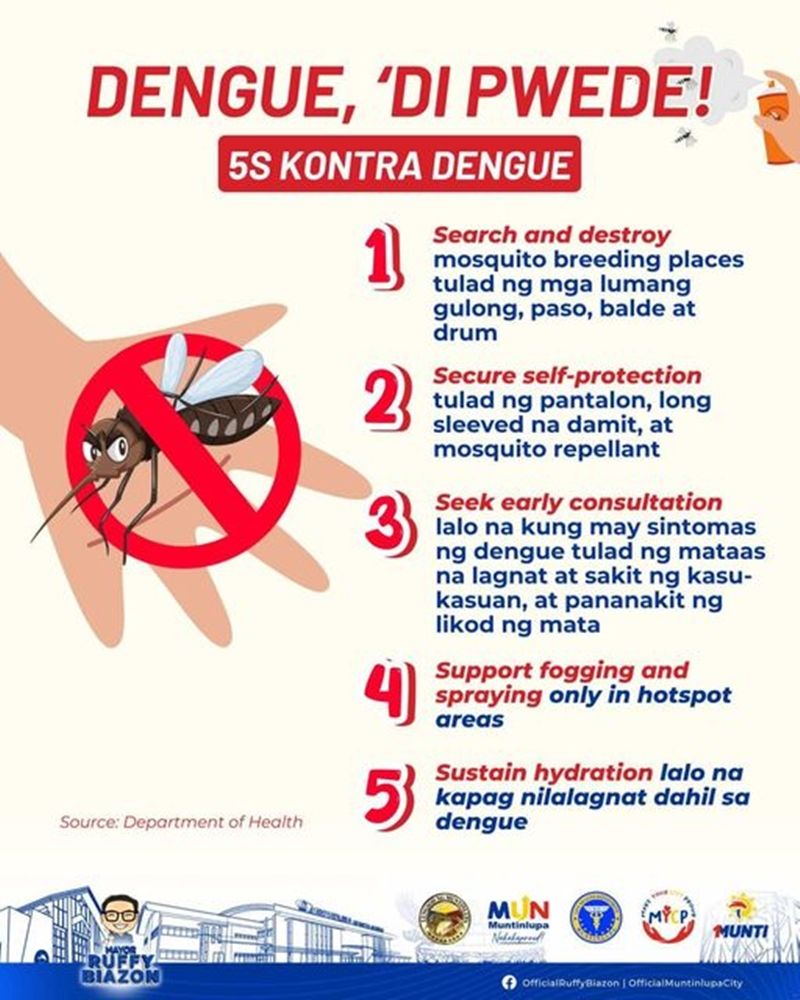Muntinlupa LGU encourages residents to join 'Dengue, 'Di Pwede!' campaign
The Muntinlupa City government is encouraging residents in different barangays to join clean-up drives to prevent the spread of dengue.
“Dengue fever is a mosquito-borne viral infection that is endemic to the Philippines. It affects people of all ages. Its severe form, dengue hemorrhagic fever, involves heavy bleeding and can be fatal,” according to the Department of Health (DOH).
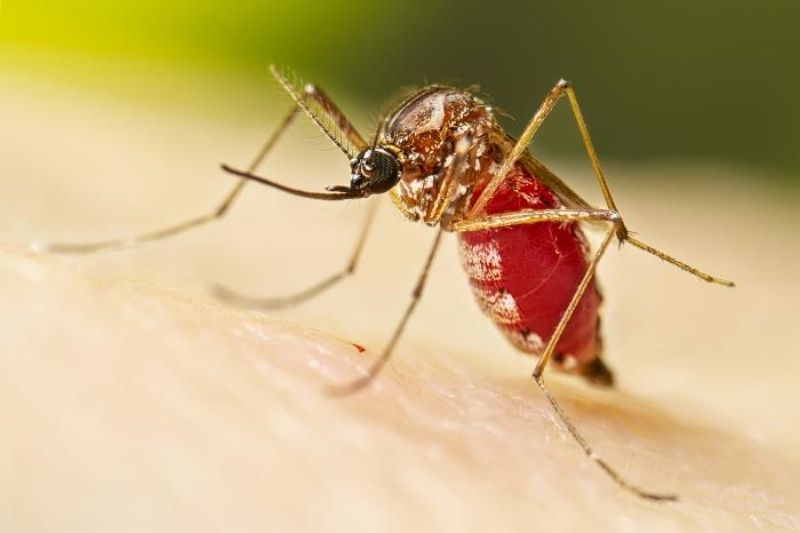
Aedes aegypti mosquito (CDC / Lauren Bishop)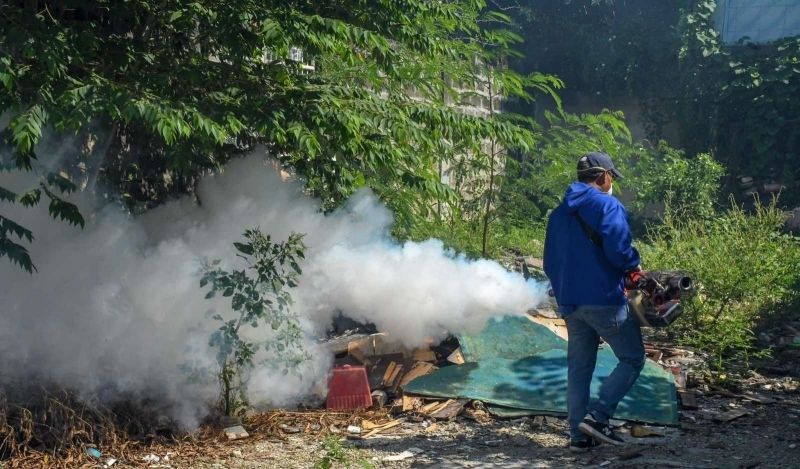
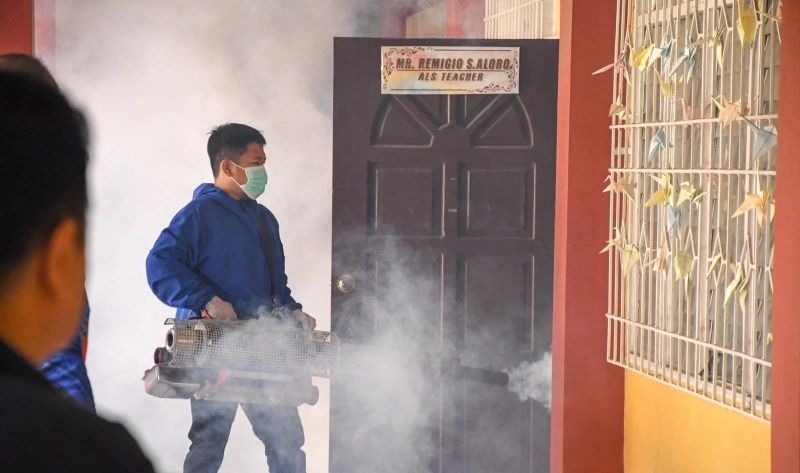
Fogging operation in Muntinlupa (Photos from Muntinlupa PIO)
The city government has launched the “Dengue, ‘Di Pwede!” campaign under its Make Your City Proud Program, which encourages volunteerism in different initiatives.
Data from the Muntinlupa City Health Office (CHO) showed that from Jan. 1 to June 3 this year, 80 cases of dengue were reported in Muntinlupa. There was no significant change on the number of dengue cases compared to the same period last year wherein 81 cases were recorded. No deaths were reported this year.
There were nine dengue cases reported from May 28 to June 3.
Throughout the dengue prevention month this June, pocket events such as lectures on dengue prevention will also be held in various communities.
“Our fight against dengue requires a united effort from the entire community. Keeping our families safe is a shared responsibility, and I am grateful for our community’s active participation in these clean-up activities. Together, we can significantly reduce the risk of dengue and create a healthier environment for everyone,” said Mayor Ruffy Biazon.
Residents can sign up for the activities they wish to join, volunteer, and earn points under the MYCP program. These points can be exchanged for products from Kenny Rogers, Pancake House and grocery items
Dengue, according to the DOH, is “transmitted by the mosquitoes Aedes aegypti and Aedes albopictus, which commonly bite during the day, but may also bite at night.”
“These mosquitoes lay eggs in clear and stagnant water (e.g., water in flower vases, clean rainwater collected in barrels, cans, or old rubber tires). Adult mosquitoes rest in dark places of the house. Mosquitoes can also become infected with the virus when they bite a person who has already been infected, and can thus spread the infection to other people,” it added.
The signs and symptoms of dengue, according to the DOH, are:
• Sudden onset of high fever which may last from 2 to 7 days;
• Joint and muscle pain, pain behind the eyes, and/or headache;
• Feeling weak;
• Skin rashes;
• Nausea and vomiting, decreased appetite;
• Bleeding during hemorrhagic fever, which can manifest as nosebleeding, gum bleeding, vomiting of coffee-colored matter, dark-colored stools, or even just abdominal pain (as a sign of internal bleeding).
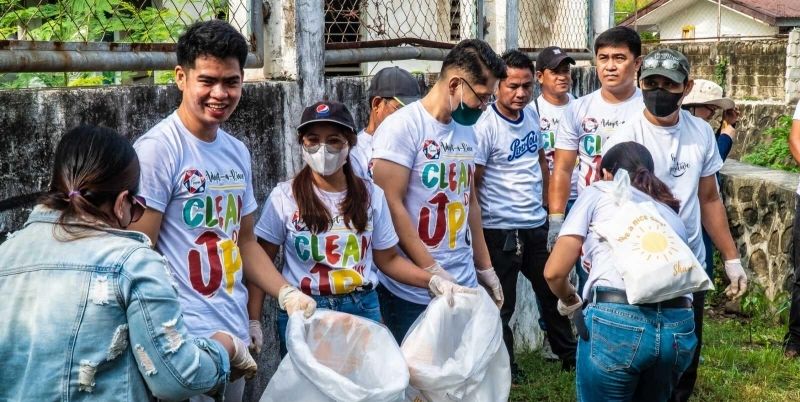
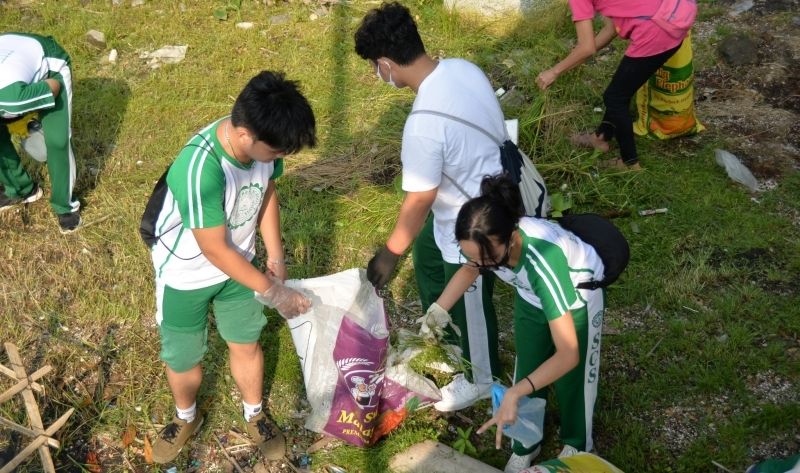
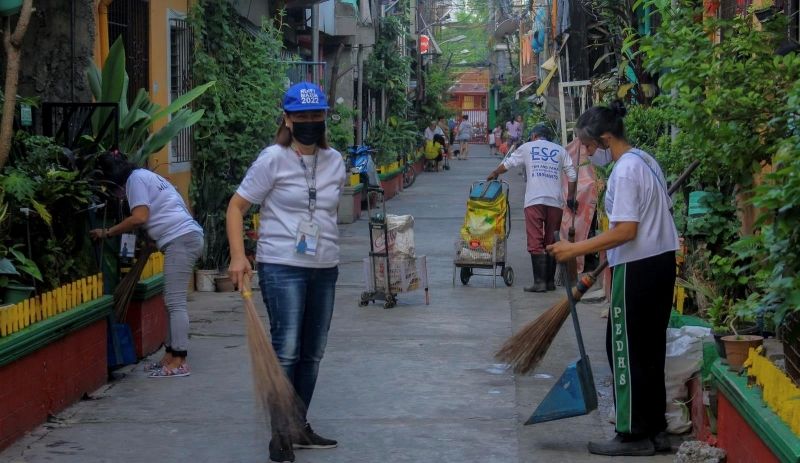
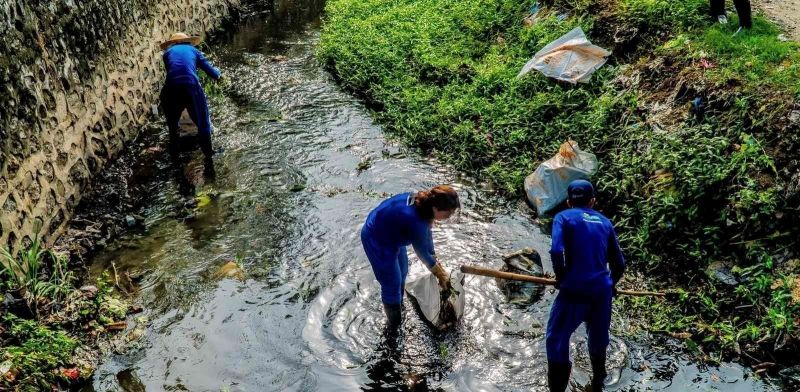
Clean-up drives in Muntinlupa (Photos from Muntinlupa PIO)
